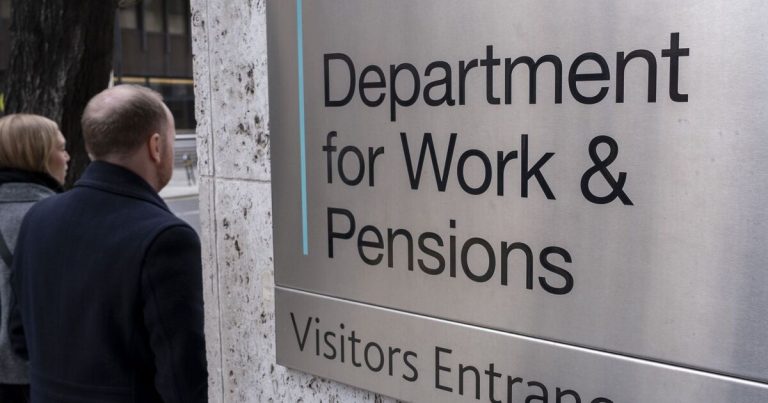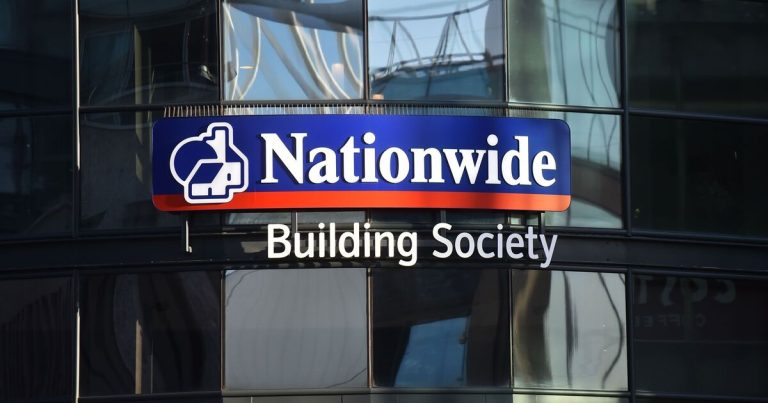
Table of Contents
Show more
Show less
A virtual private network, or VPN, is a digital tool that encrypts your internet connection to enhance security by creating a private network from a public internet connection. Everyday people use it to secure sensitive information from online hackers, bypass censorship or stream restricted content. Both ExpressVPN and IPVanish are two of the most popular VPN services on the market today. In this article, we will compare the price, features and customer service of the two companies to help you determine which platform is right for you.
Featured Partners
Lowest Monthly Price
INR 329.07 ($3.99) + 3 months free
Money Back Guarantee
30 days
Lowest Monthly Price
INR 197.29 + one month free
Money Back Guarantee
30 days
Lowest Monthly Price
INR 158.89
IPVanish vs. ExpressVPN: At a Glance
IPVanish is a well-known VPN provider that delivers enhanced online privacy and encrypted high-speed internet access. It provides strong encryption protocols, fast download speeds and has the ability to connect to unlimited devices. It also maintains a strict no-logs policy, ensuring your online activities are private and secure.
How IPVanish and ExpressVPN Stack Up
While IPVanish and ExpressVPN share similar major features such as encryption, mobile apps and 24/7 live support, the two companies differ in pricing, number of simultaneous devices and number of servers.
Maximum Number of Devices
One of the biggest differences between the two providers is the number of maximum devices they allow connected at any given time. ExpressVPN limits this number to eight while IPVanish is one of a handful of VPN providers that allows users to connect to an unlimited number of devices simultaneously.
No-Logs Policy
Both IPVanish and ExpressVPN have an independently verified no-logs policy that ensures they do not record, store or share any of their users’ online activities. This means neither company records information such as browsing history, IP addresses, connection timestamps and the content you access while using the VPN.
Split Tunneling
Both IPVanish and ExpressVPN include split tunneling as one of their features. Split tunneling allows you to decide which parts of your internet traffic are sent through the VPN and which are sent to your regular internet connection. This customized connection setup can help you stream foreign movies, download content safely without slowing down other web activity and access both local and international services simultaneously.
Cost of IPVanish vs. ExpressVPN
IPVanish offers customers three plans to choose from. The most economically affordable plan is a two-year plan at INR 6645.21 ($79.99), or INR 276.64 ($3.33) per month, followed by a yearly plan at INR 3479.20 ($41.88) for the first year. For those who do not want that long of a commitment, IPVanish also offers a monthly plan at INR 996.08 ($11.99) per month.
ExpressVPN’s plans are more expensive. Customers can choose a yearly plan at INR 8294.26 ($99.84), or INR 691.19 ($8.32) a month, a six-month plan at INR 4979.55 ($59.94), or INR 829.92 ($9.99) a month, or a monthly plan at INR 1075.83 ($12.95) per month. Both VPN services offer a 30-day money-back guarantee. ExpressVPN, however, offers the guarantee on all its plans, while IPVanish only offers it on the annual and two-year plan.
Customer Reviews and Reputation
While both IPVanish and ExpressVPN are highly rated on the reliable review site Trustpilot, ExperssVPN wins out on both number of reviews and stars. With 8,050 reviews, IPVanish has an average of 4.3 or “Excellent” ranking. More than 80% of the reviews were five stars. With 20,332 reviews, ExpressVPN has an average of 4.7 stars which is also considered an “Excellent” ranking. About 84% of the reviews were five stars.
Additional Features
Both IPVanish and ExpressVPN have a kill switch. The security feature automatically disconnects your device from the internet if the VPN connection drops unexpectedly. This is crucial because it prevents your real IP address and personal information from being exposed if the VPN connection fails, ensuring that your online activity remains private. Your secure internet access resumes once the VPN connection is restored.
Top IPVanish and ExpressVPN Alternatives
While IPVanish and ExpressVPN are highly rated VPN platforms, neither one offers a dedicated IP. A dedicated IP address provides users with a fixed IP address to enhance their online security and allow for consistent access to certain services that may require a consistent IP. Surfshark, NordVPN and CyberGhost are three top VPN competitors that all include a dedicated IP either as part of their features or as an add-on feature.
Featured Partners
Lowest Monthly Price
INR 329.07 ($3.99) + 3 months free
Money Back Guarantee
30 days
Lowest Monthly Price
INR 197.29 + one month free
Money Back Guarantee
30 days
Lowest Monthly Price
INR 158.89
Bottom Line
Both IPVanish and ExpressVPN are popular top-speed VPN choices. Both are great options for an everyday VPN. That said, ExpressVPN is more expensive and limits the number of devices users can secure at any one time. ExpressVPN, however, does have more servers and more server locations than IPVanish.
IPVanish is best for:
- Large families or those who need multiple device connections
- Those on a budget
ExpressVPN is best for:
- Personal use
- Those who want more server location options
Frequently Asked Questions (FAQs)
What is a VPN used for?
Individuals who use VPNs for personal reasons usually do so to protect confidential information such as online banking credentials from would-be hackers, surf the web with added privacy and even save money while shopping online. Another popular reason for personal VPN use is streaming popular content that might be otherwise throttled, censored or blocked.
Will using a VPN make my computer slow?
Yes, using a VPN can cause a decrease in your internet speed. It will not, however, slow down your computer’s overall performance. The impact on speed depends on various factors such as the VPN server’s location, VPN brand, server load and encryption protocols used.
Why does a VPN affect internet speed?
A VPN works by encrypting your data and routing it through a remote server. This can increase the time it takes for data to travel between your computer and the internet. These extra steps may lead to a slower connection especially if the VPN server is located far away or is experiencing high traffic. Generally speaking, high-quality VPN services often have optimized servers and protocols to minimize the impact on speed.









